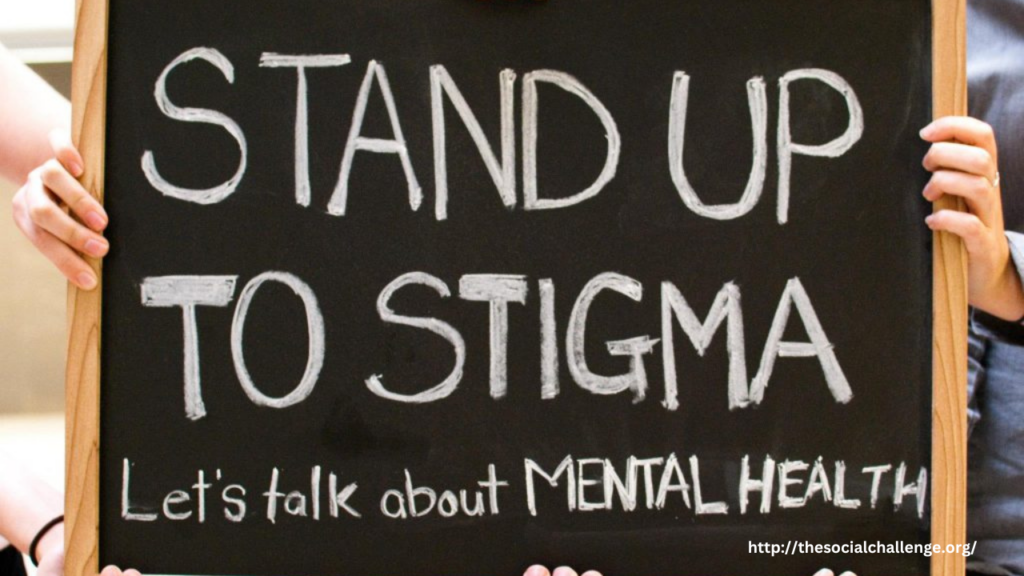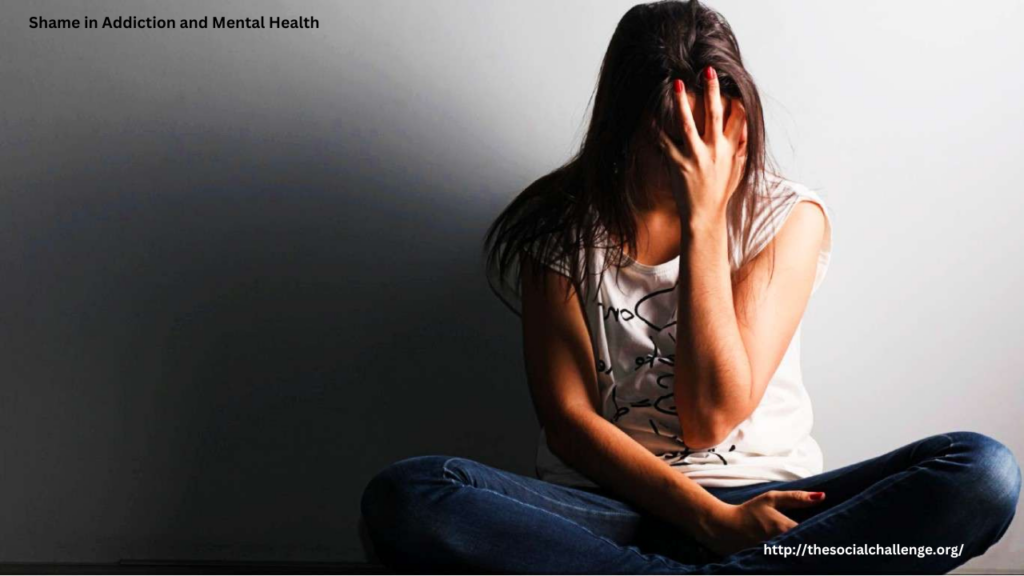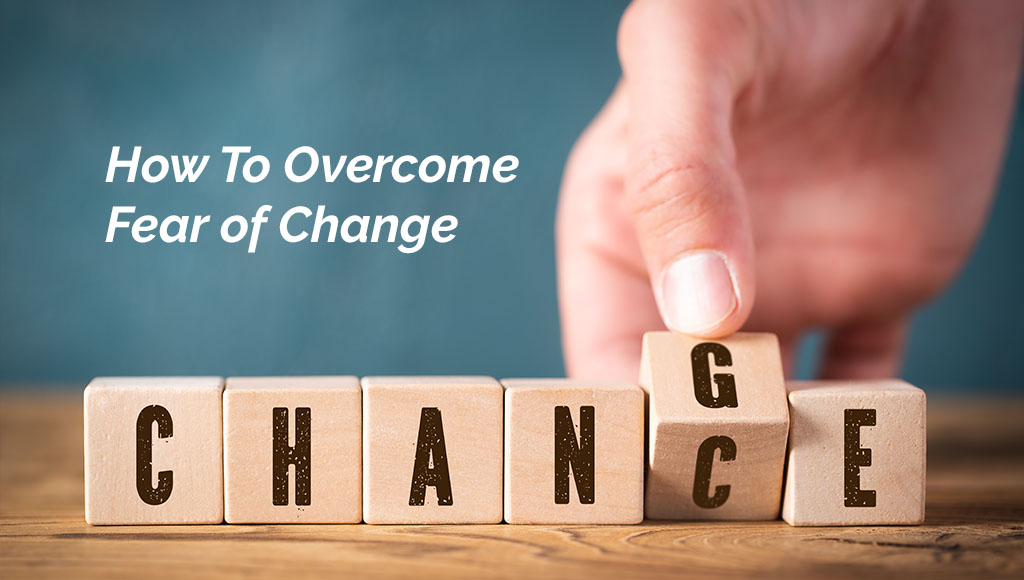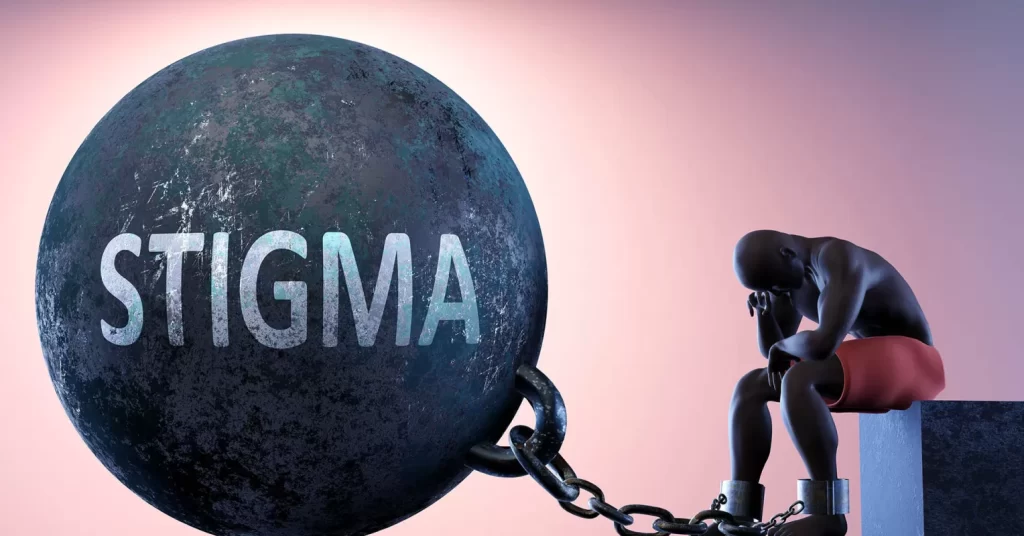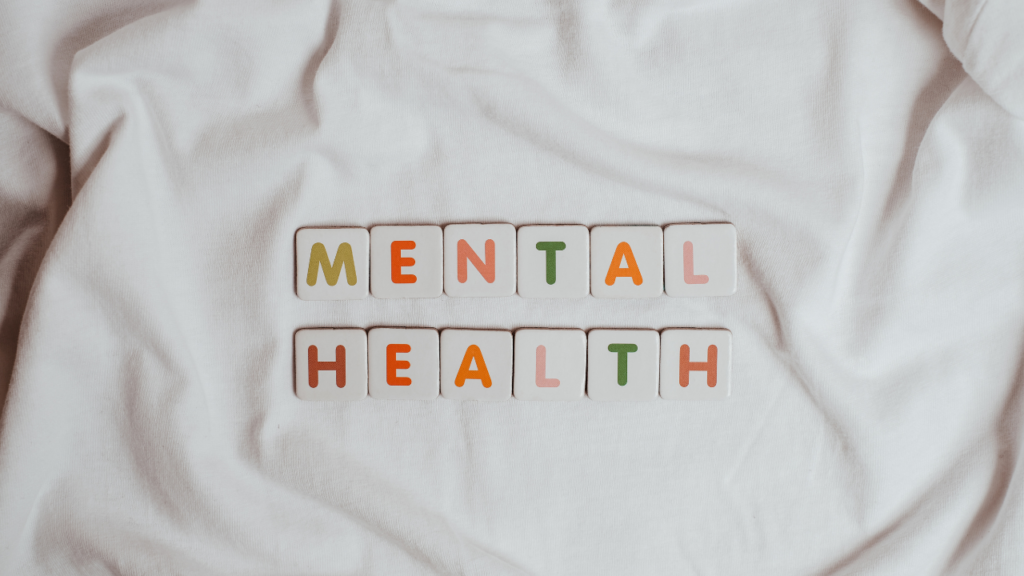
In a world that glorifies hustle and productivity, sleep is often overlooked or sacrificed in the name of getting more done. Yet, sleep is one of the most important pillars of overall health, as essential as proper nutrition and regular exercise. When we sleep, our bodies and minds undergo vital restorative processes that affect every aspect of our well-being—from physical recovery to emotional stability and cognitive function.
1. Physical Restoration and Healing
During sleep, the body undergoes crucial repair and maintenance. Muscles grow and heal, tissues regenerate, and the immune system is strengthened. Growth hormone, which plays a significant role in recovery and cell repair, is released primarily during deep sleep. Without enough quality rest, the body struggles to heal from daily wear and tear, making you more vulnerable to illness, injury, and chronic conditions such as heart disease and diabetes.
2. Brain Function and Memory Consolidation
Sleep is essential for healthy brain function. It supports learning, problem-solving, decision-making, and memory. During the different stages of sleep, especially REM (Rapid Eye Movement) sleep, the brain processes and stores information gathered throughout the day. This is when short-term memories are consolidated into long-term ones. Inadequate sleep can lead to poor concentration, difficulty thinking clearly, and forgetfulness.
3. Emotional Balance and Mental Health
A good night’s sleep is closely linked to emotional regulation. When you’re well-rested, you’re more equipped to handle stress, make rational decisions, and respond calmly to challenging situations. On the other hand, sleep deprivation can increase feelings of irritability, anxiety, and depression. In fact, chronic lack of sleep has been associated with a higher risk of developing mental health disorders.
4. Immune System Support
Sleep boosts the immune system by enhancing the production of cytokines, a type of protein that helps fight infection and inflammation. When you don’t get enough rest, your body has a harder time fending off illnesses. That’s why people who are sleep-deprived are more likely to catch colds or take longer to recover when they’re sick.
5. Weight Management and Hormonal Balance
Lack of sleep can disrupt the hormones that regulate hunger—ghrelin and leptin. Ghrelin stimulates appetite, while leptin signals fullness. When you don’t get enough rest, ghrelin levels rise and leptin levels drop, leading to increased hunger and cravings, especially for unhealthy foods. Over time, this can contribute to weight gain and metabolic issues.
6. Better Performance and Productivity
Quality sleep leads to improved alertness, faster reaction times, and better decision-making. Whether you’re a student, professional, athlete, or parent, getting enough rest will enhance your performance in daily tasks. Sleep helps you stay focused, creative, and motivated.
Conclusion
Sleep is not a luxury—it’s a necessity for a healthy, balanced life. By prioritizing 7–9 hours of quality sleep each night, you support your physical health, mental clarity, emotional resilience, and overall well-being. Creating a relaxing bedtime routine, limiting screen time before bed, and maintaining a consistent sleep schedule are simple yet powerful steps toward better rest. In the end, good sleep is the foundation upon which a healthy life is built.

